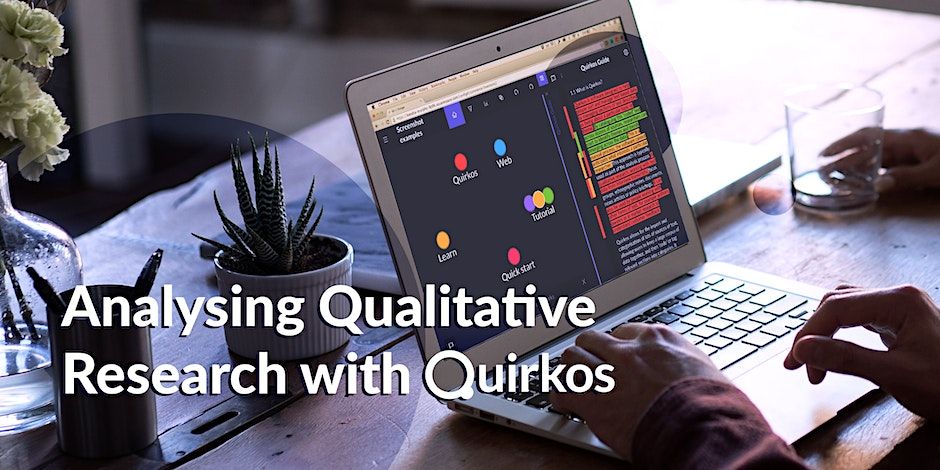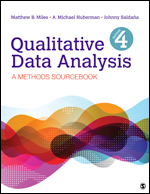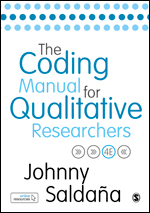Analysing Qualitative Research with Quirkos: interactive workshops
Hundreds of codes, grouped into descriptive themes; what are you going to do with all those codes? Come to our workshop and find out...

I have often been asked if qualitative data analysis software can ‘do’ particular kinds of analysis (e.g. ‘can it do Grounded Theory’), or if software x or y has a particular function e.g. ‘Is there a button for Concept Framework Analysis?’ My answer continues to be that no software can ‘do’ your analysis for you. And even if it has got a nifty button designed with your preferred methodology in mind, you will need to understand the outputs that have been selected by the software, and the implications for your research findings. Otherwise, it's Rubbish-in-rubbish-out.
According to the researchers in our Qualitative Researchers Journeys project, one of the failures of undergraduate and masters research projects is that they lack depth of analysis. Hundreds of codes, hurriedly grouped into descriptive themes with little analytical thought or commentary in evidence; they seem to think that description is analysis.
But there is hope. CAQDAS (Computer Aided Qualitative Data Analysis Software) are all designed to help you manage your data, and provide tools to assist you in your thinking about your data, in order to reach new insights, hypotheses or concepts i.e. Analysis. Quirkos is designed with simplicity in mind. So, even if you get carried away producing hundreds of codes, at least you’re not going to get lost in lots of highly specific functions or confusing tools.
So, what are you going to do with all those codes? Come to our workshop and find out
Our upcoming workshops Analysing Qualitative Research with Quirkos, (online and face to face), is designed to help you understand more about analysis and expose you to tools for thinking about Qualitative Research. Using presentation, discussions, and practical tasks in Quirkos.
- The session will start with an overview of some research paradigms, language that is common in the analysis of qualitative data, and typical tools used in its analysis.
- We will then move to in-depth discussions on coding, and some practical coding, using data from our Qualitative Researchers Journeys project.
- The final part of the session will help you get past merely describing codes, towards greater analytical depth, by exploring tools and tactics to assist you in thinking about your data.
There will be chances throughout the session to ask questions and you will be invited to make references to your own research data, as well as the data provided. Some previous exposure to, or training on interview data collection is assumed, as this is not addressed during the session, but you do not need to have any analysis experience.
You can register for two half-day sessions in the next few months, a virtual one on 24th May, 10:30 BST, and an in person workshop in Nottingham on 6th of June.
You can find out more about the workshop fees, free access to Quirkos, and register your interest in the links above. Feel free to email us with any questions, and hope these opportunities help with your qualitative journey!
Resources
Matthew B. Miles, A. Michael Huberman and Johnny Saldana. (2015). Qualitative Data Analysis: A methods sourcebook. (3rd Ed) SAGE Publications.

Qualitative Researchers Journeys project. Quirkos. https://www.quirkos.com/workshops/qual/
Saldana, Johnny. M. (2021). The coding manual for qualitative researchers (4th ed.). SAGE Publications.

A short video from Quirkos on how to go from codes to themes in qualitative analysis and Daniel's blog post on the difference between codes and themes.



